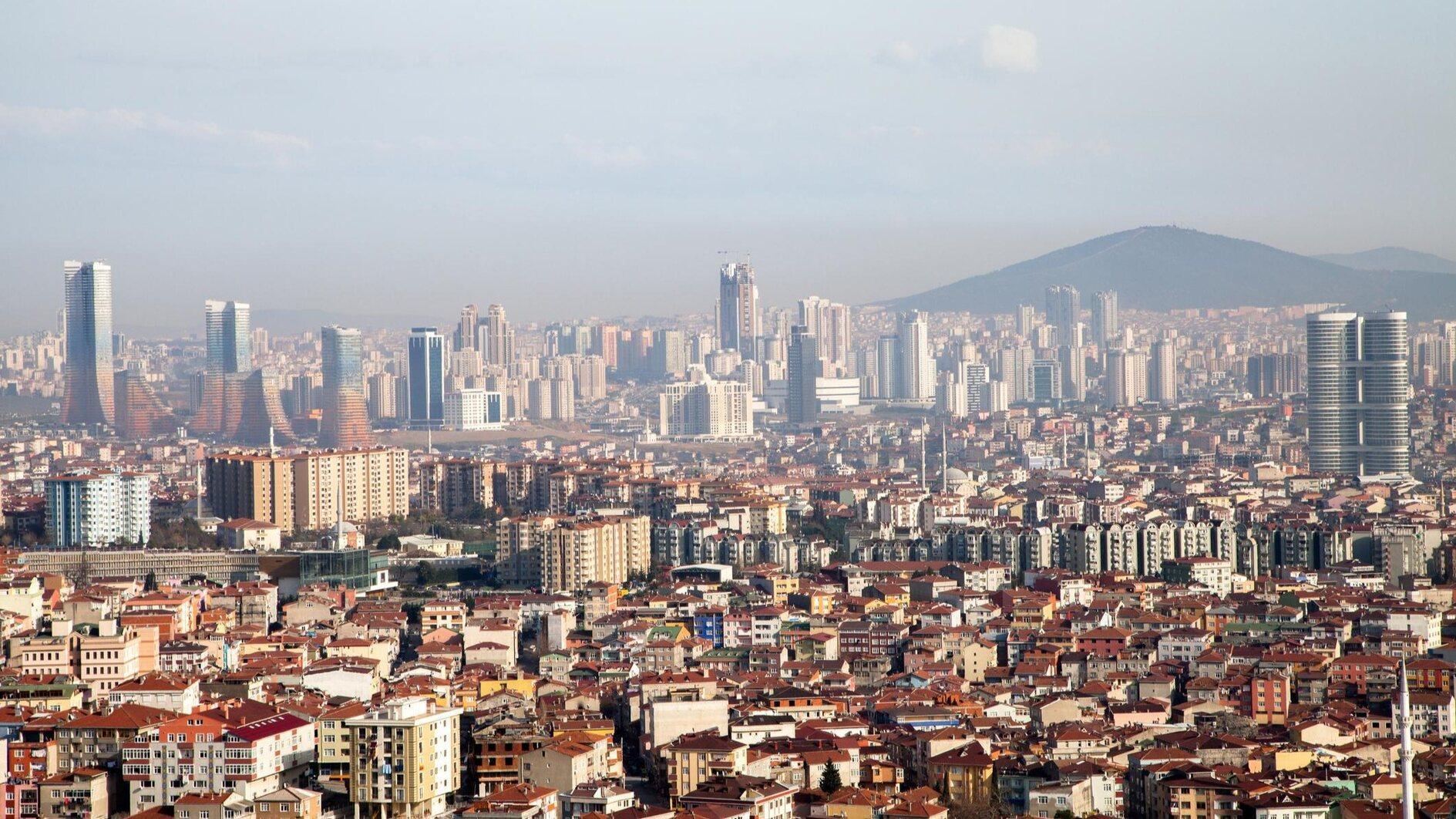Bailout deal approved, Greek Cypriots claim
NICOSIA

The flags of Greek Cyprus, the European Union, Greee and Russia, hang outside a souvenir shop in Limassol. Greek Cyprus is also seeking a Russian aid. AFP photo
Greek Cyprus agreed a bailout package with the European Union and International Monetary Fund its government spokesman said on Nov. 23.The term president of the European Union was expecting the lenders to confirm the deal later on Nov 23, after the Daily News went to the print. Thus, Greek Cyprus took one more step to become the fourth eurozone country to request a sovereign rescue. However, contradicting statements were coming from the lenders during the same hours, with the lenders saying that good progress has been made.
Greek Cyprus sought financial aid -- which could be up to 17.5 billion euros ($22.6 billion), equal to its entire annual economic output -- in June, after its banks were battered by their exposure to the Greek crisis. The spokesman did not put a price tag on the bailout sum, saying this will depend on a report early in December that will establish how much money the island nation will need to recapitalize its banks.
17 billion euros in aid
Greek Cyprus needs 17 billion euros in aid, its finance minister said a day earlier.
“The amount comes at around 17 billion euros ($21.8 billion),” Vassos Shiarly told reporters, referring to a four-year period through 2016.
“It’s what we said in the past on the proviso the banks need 10 billion (euros), which isn’t our figure,” Agence France-Presse quoted him as saying.
An independent audit of the banks’ requirements is still underway, so the final figure has not yet been announced.
“The deadline that was set by the European Central Bank for the recapitalization of the banks expired, so we had to enter the (EU/IMF) rescue mechanism,” spokesman Stefanos Stefanou told reporters. The government has already briefed trade unions on the terms of the deal, Stefanou said. “The bailout deal includes unpleasant measures,” he said without elaborating.
But the Greek Cypriot public sector workers already voiced their opposition to the deal. “These measures are unjust, they will be a massacre,” said Glafkos Hatzipetrou, a senior official with public sector union PASIDY, after getting briefed on the deal.
The island’s public sector workers have already voiced their opposition. “These measures are unjust, they will be a massacre,” said Glafkos Hatzipetrou, a senior official with public sector union PASIDY, after getting briefed on the deal.
He called public sector pay cuts “devastating” and “one-sided” but conceded Greek Cyprus had little option but to negotiate a bailout with international lenders.
Greek Cyprus and the troika of EU, IMF and ECB lenders have been at odds over a host of issues, including privatizations and pension cuts, as well as the amount needed to recapitalise the banks.
A source from the troika told Reuters in Nicosia that an analysis of the country’s debt and its financing needs still needed to be addressed.
An analysis on the state of Greek Cypriot banks is expected by Dec. 3, when eurozone finance ministers meet again in Brussels and aim to decide on a program for the government in Nicosia. Greek Cyprus’ stock exchange rallied strongly on the expectation of a deal.
















